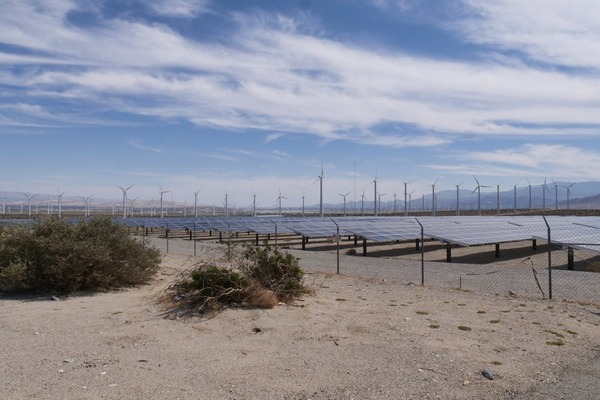Dubai Electricity and Water Authority (DEWA) announced that its total installed power generation capacity from energy sources reached 16.779 gigawatts (GW) by the end of the third quarter of 2024. Of this, 17 percent of the total capacity came from clean energy sources. From January till September 2024, DEWA generated 45.14 terawatt hours (TWh) of electricity, which represents a 5.49 percent increase compared to the same period in 2023.
DEWA also reported achieving a summer gross heat rate of 7,923 British Thermal Units per kilowatt-hour (BTU/kWh), which it described as its best operational performance so far. DEWA continues to develop renewable energy projects through the Mohammed bin Rashid Al Maktoum Solar Park, located in Dubai.
The solar park is the largest single-site solar energy project in the world and is being built in phases. Several phases are currently operational, contributing to Dubai’s renewable energy targets. These include Phase 1, a 13 megawatt (MW) solar photovoltaic (PV) plant completed in 2013, and Phase 2, a 200 MW PV project operational since 2017. Phase 3, an 800 MW PV project, became operational in 2020. Phase 4 of the solar park is under construction and is expected to have a total capacity of 950 MW, using a combination of concentrated solar power (CSP) and photovoltaic technologies.
The solar park is central to Dubai’s strategy to diversify its energy mix and integrate renewable energy sources into its grid. It is part of broader efforts to increase clean energy contributions to the emirate’s total power generation capacity in the coming years. DEWA’s expansion of renewable energy projects aligns with Dubai’s long-term plans for energy sustainability and reduction of carbon emissions.


